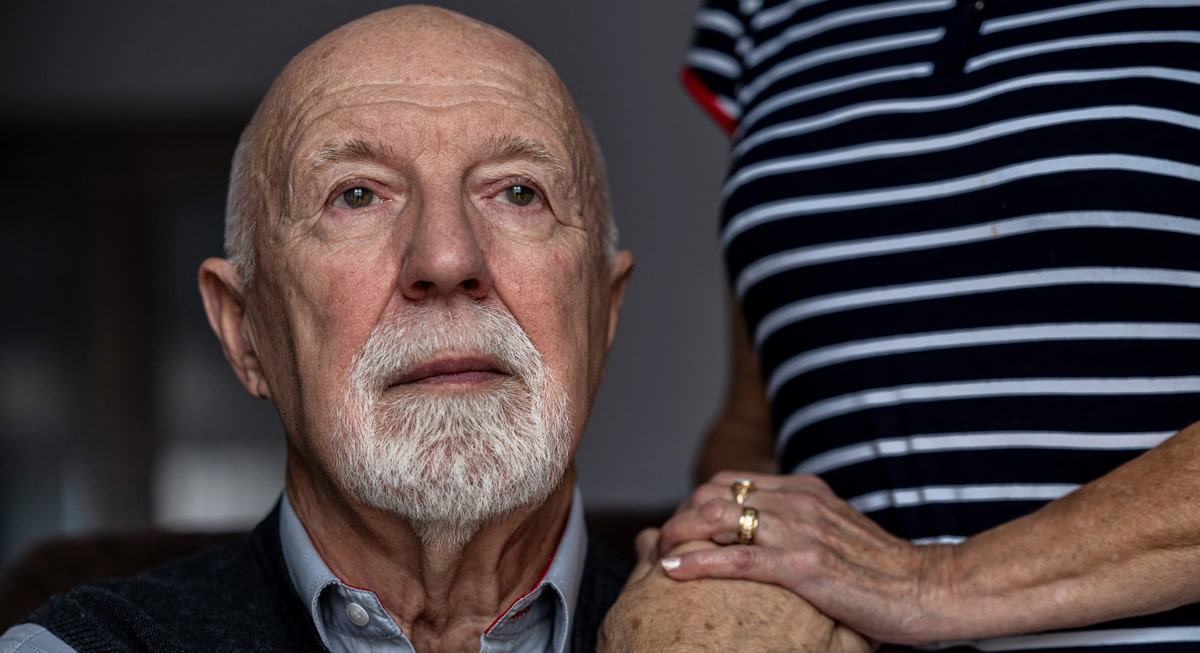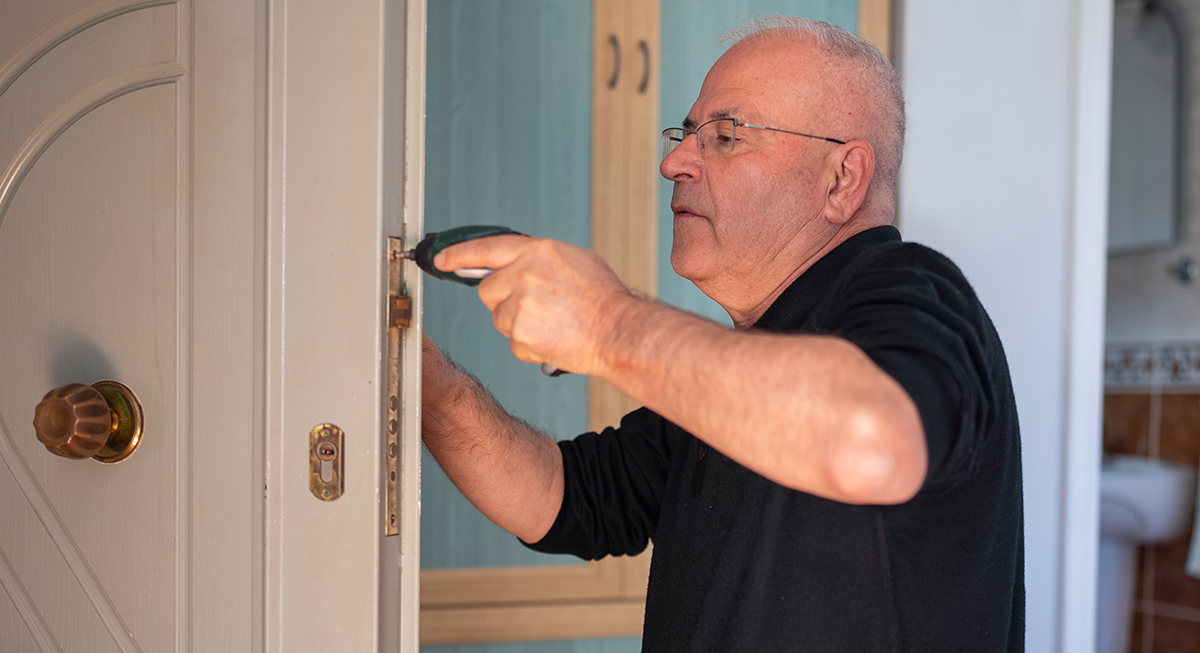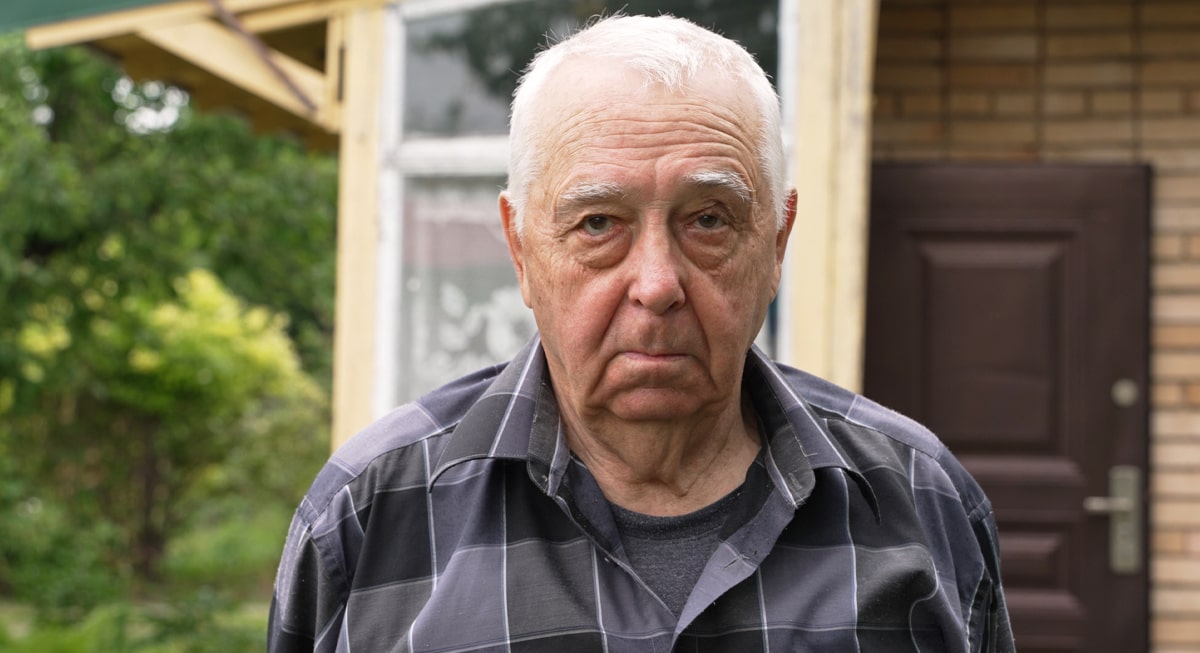I finished my tax returns last night. I ended up using TurboTax, and it definitely made the process simple. I'll probably use it again next year, even though I anticipate that next year, my return will be even easier, with only having to file one state return instead of two. I plan to efile, just to be done with it, even though there is an additional fee to efile.
I was delighted with how my federal tax return played out. Moving across the country for a new job meant a huge deduction, and I am getting a nice chunk of cash back from the federal government.
Then I did my two state returns.
And I owe both states a not so nice chunk of cash. More than the federal return, in fact.
I can't say that this is entirely unexpected. I have investment income from mutual funds, as well as interest income. Even though I may reinvest the interest and dividends on the mutual funds and never actually see the money, it is still income, so I shouldn't be surprised that I have to pay all these additional taxes.
Seeing those numbers made me cringe. I've been working so hard to really tighten my budget and be able to put more money into my savings. (I tend to "ignore" my investment income - it's there to grow, not to be spent, at least not at this point.) Paying these taxes was going to put a huge dent into my day to day savings account.
And then I realized I was just being silly with all these rules I've set up for myself of what I can and can't spend. I have a money market account tied to my investment accounts where CD interest is dumped. I've mentally earmarked that as my emergency fund, but really, it's got almost 10 months of expenses in it right now. Since it's thanks to investment income that I owe these taxes, why don't I pay the taxes out of the investment income? It's the obvious solution.
I think the lesson here is that sometimes we set up all these financial rules for ourselves in order to keep us on track, and we end up focusing so much on the rules that we miss the big picture.









